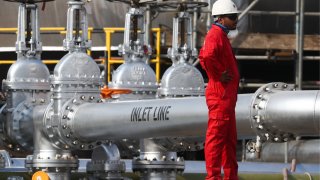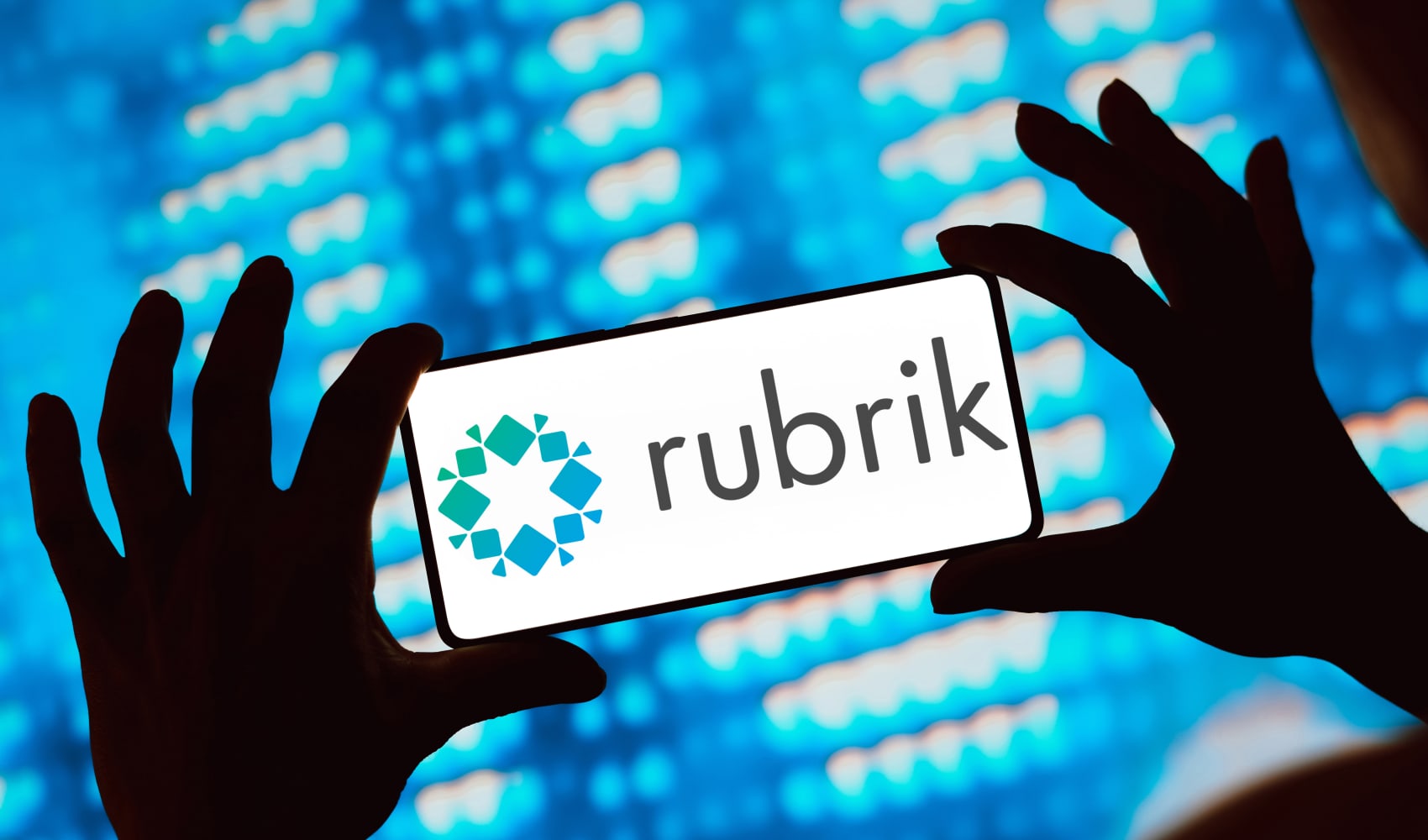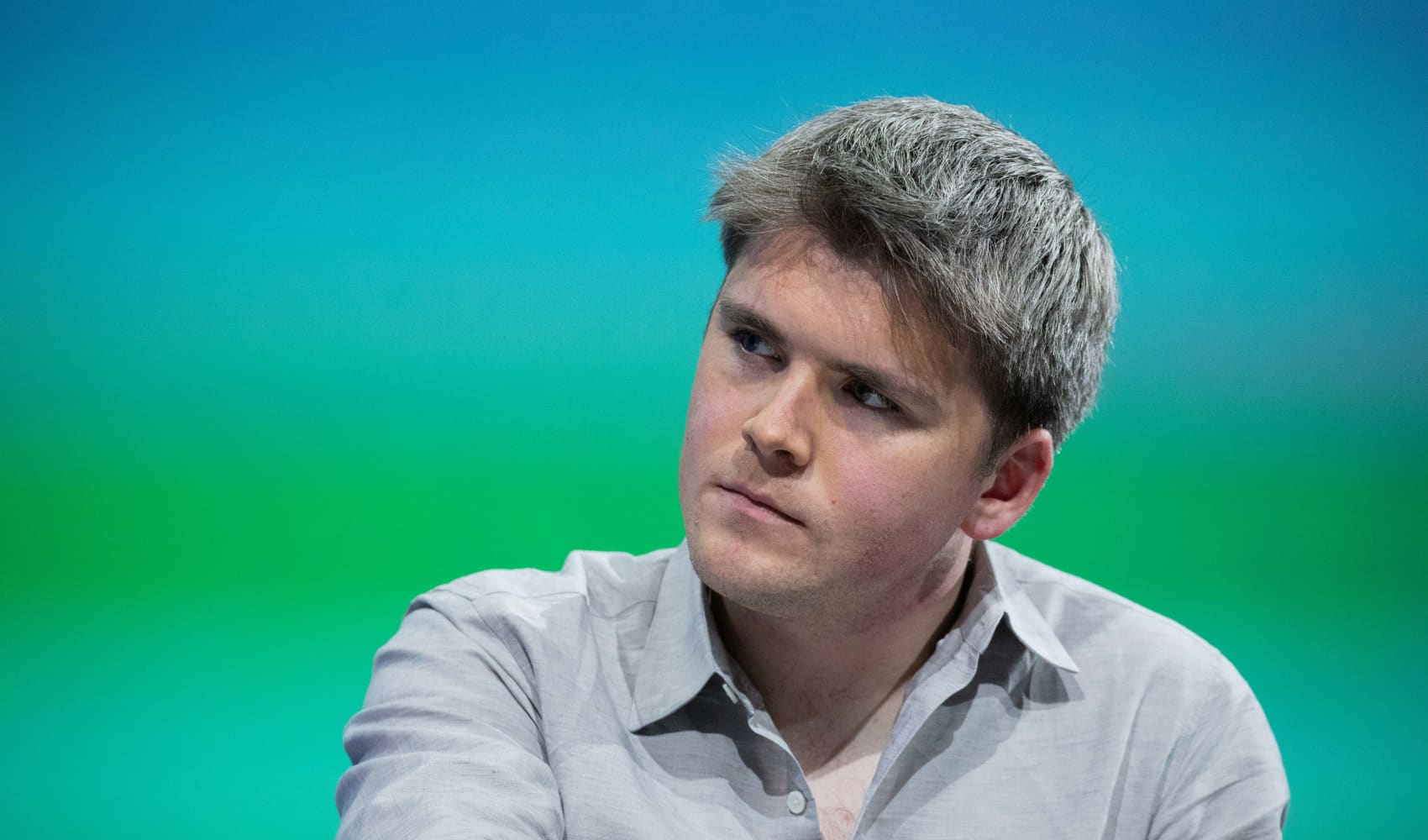
- Saudi Aramco reported a 44% collapse in full year earnings, as the coronavirus punched the global economy, oil prices, volumes and refining margins.
- Aramco still declared a dividend of $75 billion and remains one of the world's most profitable companies.
- “We remain confident that we will emerge on the other side of this pandemic in a position of strength,” said Saudi Aramco CEO Amin Nasser.
Oil giant Saudi Aramco reported a 44% slump in full-year 2020 results, but maintained its $75 billion dollar dividend payout, with CEO Amin Nasser describing the last twelve months as one of the most "challenging years" in recent history.
Saudi Aramco, Saudi Arabia's behemoth state oil firm, reported net income of $49 billion in 2020, down from $88.19 billion in 2019. The result was slightly below analysts expectations of $48.1 billion but still represents one of the highest of any public company globally.
"In one of the most challenging years in recent history, Aramco demonstrated its unique value proposition through its considerable financial and operational agility," Saudi Aramco Chief Executive Amin Nasser said in company statement Sunday.
Get Tri-state area news and weather forecasts to your inbox. Sign up for NBC New York newsletters.
Aramco said revenues were impacted by lower crude oil prices and volumes sold, and weakened refining and chemicals margins.
The firm also said it expects to cut capital expenditure in the year ahead, and lowered its guidance for spending to around $35 billion from a range of $40 billion to $45 billion previously.
Free cash flow slumped almost 40% to $49 billion, well below the level of its hotly anticipated dividend. Aramco also declared a payout of $75 billion for 2020, despite concern that it would take on additional debt to maintain it.
Money Report
"Looking ahead, our long-term strategy to optimize our oil and gas portfolio is on track and, as the macro environment improves, we are seeing a pick-up in demand in Asia and also positive signs elsewhere," he added.
Shares in the top western oil and gas companies including Royal Dutch Shell and BP dropped to multi-year lows in 2020, as the coronavirus pandemic wrecked havoc across the global economy and sparked a historic collapse in the price of oil. Exxon Mobil, the largest U.S. energy company, posted its first annual loss.
Escalating attacks on oil facilities
Aramco's facilities have been the target of several attacks by Yemen's Houthi rebels — attacks that have escalated this year, with Saudi Arabia and Iran, the latter of whom backs the rebels, on opposing sides of Yemen's bloody civil war.
Houthi missile volleys in parts of Saudi Arabia that struck Aramco facilities earlier in March briefly sent the price of oil above $70 a barrel to its highest level in more than a year. Most recently, the rebels claimed responsibility for drone strikes on an Aramco facility in the capital Riyadh on Friday, causing a fire that the Saudi energy ministry said was quickly brought under control with no casualties.
Asked how the company aimed to reassure investors and the global community that its infrastructure was well-protected and prepared to prevent serious disruption to its operations, CEO Amin Nasser stressed that there was "no impact on business" from the attacks.
"I think the most important thing is the readiness of our people," Nasser told CNBC during a press conference following the earnings release. "There is always something you learn with each attack, and you go and you enhance your emergency response … and you make sure you have all what is needed to restore these facilities if they are attacked."
"We have learned a lot, we have been able to demonstrate with a reliability of 99.9% that we are capable, under any scenario, to put the facility back onstream and ensure the safety and security of our people and at the same time ensure that the supplies to our customer is met," Nasser added.
"The attack on Riyadh is a good demonstration, within hours of putting out the fires and finishing the investigation, we started putting the facility (back) on," he said. "Today the Riyadh refinery started to come onstream. So it is a demonstration of the capability and the contingency plan and the emergency response of first responders."
Nasser also expressed his optimism for the oil demand outlook in 2021.
"We have seen improvement on prices, with pickup on demand, much better recovery. China is also very close to pre-pandemic levels," the CEO said.
"With more deployment of the vaccines we will see more demand pickup so we are very optimistic about 2021 in terms of growth in demand, especially in the second half, and we can see the prices so far responding to what we are seeing in the market, we are looking forward to a much better year in 2021."
International benchmark Brent crude is at $64.53 a barrel, up about 25% year-to-date and up a whopping 73% from one year ago.
Several oil analysts have upped their price forecasts for the 2021 on vaccine and demand confidence, with Goldman Sachs predicting a rise to $80 per barrel by the third quarter of this year — something unimaginable when WTI prices went negative for the first time in history roughly one year ago.






